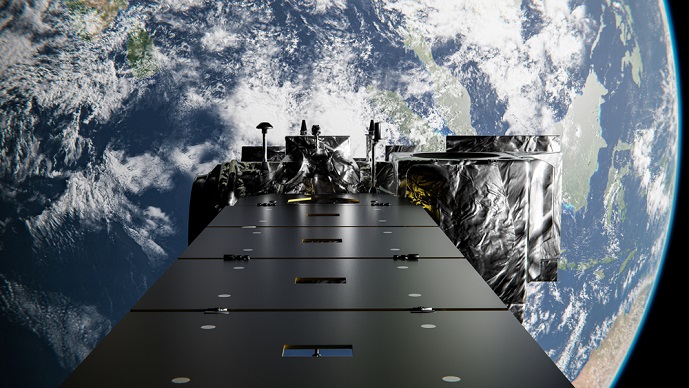
Written by staff writer.
The leader of the RAND Space Enterprise Initiative says the world is at a tipping point concerning space governance, and the absence of good globally recognized governance is impacting the space sector.
Speaking at the recent Secure World Foundation’s Space Sustainability Summit in New York, Bruce McClintock said as space got busier and more nation-state and non-nation-state players got involved, the need for sound global space governance systems was becoming increasingly important.
He said the RAND Space Enterprise Initiative had a long-standing interest in this area, including delving into reports and analysis about governance structures that worked, such as the banking sector’s SWIFT international payments process, and ICANN, the US non-profit that assigns internet names and numbers worldwide.
“We did a lifecycle analysis of international governance organisations to figure out which ones survive and which ones die, which ones thrive and which ones fail, to come up with the best constructs or the best characteristics for those intergovernmental organisations that stand the test of time and serve the purpose that they were designed for,” McClintock told a space governance forum at the summit.
“We’ve concluded that the world is approaching a space traffic management tipping point, and the congestion is growing. The lack of coordination or rules of the road is such that we’re getting to the point where the collisions that are now rare have already happened. Satellite-on-satellite collisions will happen more frequently in the future unless we develop a system that coordinates across those enterprises. We recommend in an international space traffic management convention be convened within the next five years and establish an implementation plan for the next ten years.”
McClintock says the time has come to stop talking about the lunar governance problem and start doing something about it. He says that the process needs to involve stakeholders across governments, businesses, and NGOs like Rand. McClintock says his organisation brings two lunar governance principles to the table.
He says it is important to look at past governance success stories. “The right approach (to space governance) is a best practices approach, many of which come from ICANN, a system that started as an NGO before transitioning to an international structure. That’s why we give that five to ten-year period – so we can get the stakeholders together to build off existing best practices and come up with a system that stands the test of time.”
McClintock also said that the Outer Space Treaty, signed 66 years ago, assigning responsibility for space owner-operators to nation-states, needed to be updated. Rand argues that all participants in future space agreements should have some say or the right to have a voice. McClintock also says operators cannot rely on or wait for governments to come up with space governance standards, saying they have too much going on at domestic levels.
“Rand is all about the fact that governance needs a multi stakeholder approach. Successful intergovernmental agreements are cooperative, collaborative, and inclusive. Their creation and design should be based on consensus to ensure legitimacy.”





